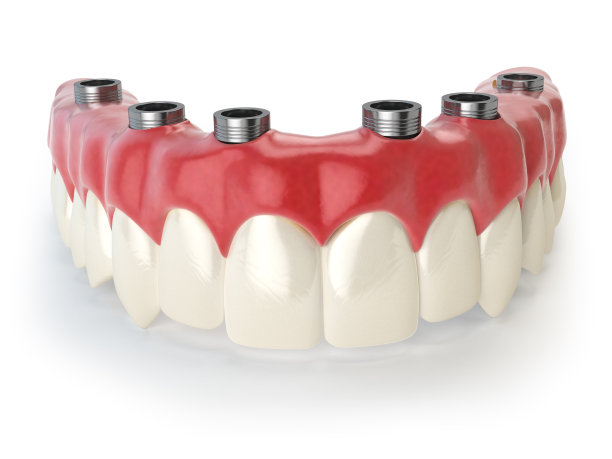Understanding the Advantages and Process of Dental Implant Treatment for Lasting Oral Health and Improved Quality of Life
Summary: This article provides an in-depth exploration of dental implant treatment, discussing its advantages and the overall process involved. Dental implants serve as a transformative solution for individuals with missing teeth, enhancing not only oral health but also quality of life. We will delve into four key aspects: the benefits of dental implants, the step-by-step process of implant treatment, post-treatment care and maintenance, and how this treatment significantly impacts personal well-being. Each section aims to shed light on the significance of dental implants as a reliable and lasting option for restoring function and aesthetics in dental care.
1. Key Benefits of Dental Implants

Dental implants offer a multitude of advantages that make them a preferred choice for tooth replacement. Firstly, they provide a permanent solution for missing teeth, effectively restoring both function and aesthetics. Unlike dentures, which can slip or cause discomfort, dental implants fuse with the bone, offering remarkable stability and comfort.
Moreover, implants promote healthy oral structures. When a tooth is lost, the adjacent teeth may shift, and bone density in the jaw can decrease over time. Implants help to prevent this bone loss by providing necessary stimulation to the jawbone, ensuring it maintains its mass and integrity.
Additionally, dental implants contribute positively to ones self-esteem. With a natural look and feel, individuals can smile confidently without worrying about their dental appearance. This improvement in self-image can lead to better social interactions and an enhanced quality of life.
2. Understanding the Implant Treatment Process
The dental implant procedure generally occurs in several stages, starting with a consultation and thorough examination. During this initial phase, the dentist will assess the patients oral health, including bone density and gum condition, and create a personalized treatment plan.
Once the assessment is completed, the first surgical step involves placing the implant into the jawbone. This titanium post acts as an artificial tooth root. After the implant is placed, a healing period is necessary, which typically lasts a few months, during which the implant fuses to the bone in a process called osseointegration.
After successful integration, a dental crown is fabricated and attached to the implant, completing the process. This crown is custom-designed to match the patient’s existing teeth in color, shape, and size, resulting in a seamless appearance.
3. Post-Treatment Care and Maintenance
After the dental implant procedure, proper care is crucial for ensuring long-lasting results. Regular dental visits are essential for monitoring the health of the implants and the surrounding gums. A qualified dentist will evaluate for any signs of infection or complications, aiding in the timely identification of issues.
At-home care also plays a pivotal role in maintaining oral health after receiving implants. Patients should adhere to an effective oral hygiene routine that includes brushing, flossing, and possibly using antibacterial mouthwash to prevent plaque buildup. This hygiene practice is vital for reducing the risk of peri-implantitis, an infection that can affect the gums surrounding the implant.
In addition to routine care, lifestyle choices such as a balanced diet, quitting smoking, and managing conditions like diabetes can significantly impact the longevity of dental implants. Patients are encouraged to embrace healthy practices that support both overall wellness and dental health.
4. Impact on Quality of Life and Well-being
Dental implants have a profound impact on quality of life—a significant advantage that often goes beyond oral health. By restoring the function of teeth, individuals can enjoy their favorite foods without worry, thus encouraging a balanced diet and proper nutrition. Improved mastication directly relates to better digestion and overall physical health.
The confidence gained from dental implants can lead to more social engagements, reducing feelings of isolation or embarrassment related to tooth loss. Many individuals report an overall enhancement in their relationships, professional lives, and public interactions post-treatment.
Furthermore, the psychological ramifications of dental implants cannot be overlooked. Patients frequently experience reduced anxiety surrounding dental aesthetics, leading to improved mental well-being. This holistic improvement showcases how addressing dental issues can significantly enhance one’s quality of life.
Summary:
In conclusion, dental implants represent a highly effective solution for restoring oral health and enhancing quality of life. The multifaceted benefits include permanence, improved oral structure, and boosted self-esteem. Understanding the treatment process and ensuring diligent aftercare further underline the importance of dental implants in promoting long-lasting well-being. Overall, individuals who consider dental implants not only invest in their dental health but also in their overall happiness and quality of life.
This article is compiled by Vickong Dental and the content is for reference only.



